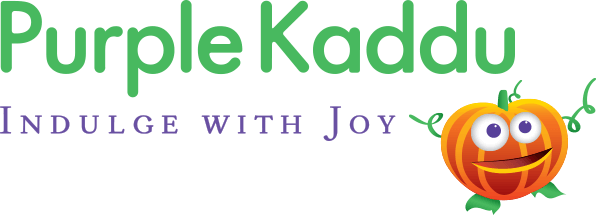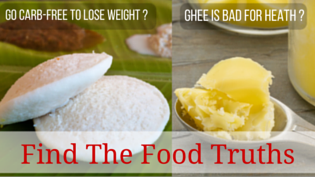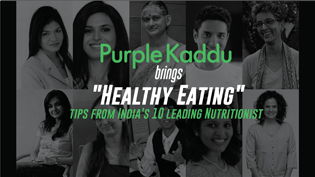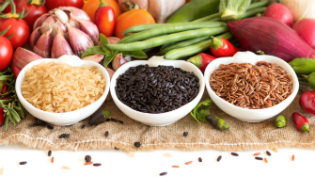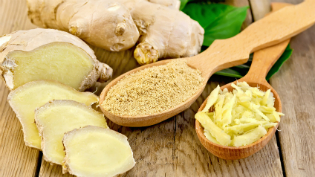
Do Healthy Alternative Foods Keep you Healthy?
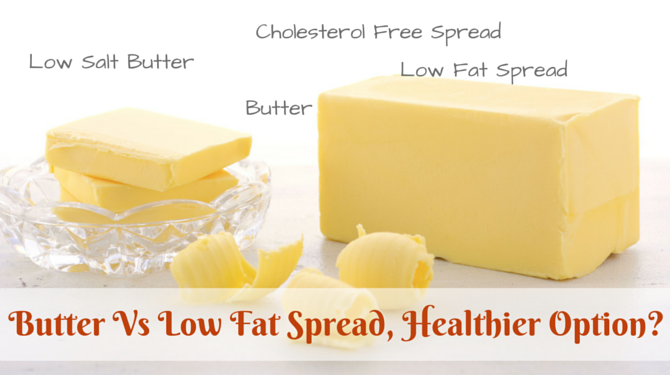
We nowadays are very conscious about our health. We see to it that we and our family should get food that is as healthy as possible. Keeping this in mind, many food product manufacturers have started launching new healthier versions of their products claiming those products are ‘lowfat’ or ‘high fiber’ and so are healthy for you. But are they really healthy? What is the real picture behind such products? Here are a few common food products which we have switched over from the originals and the real story behind them.
BUTTER SUBSTITUTE we have banned the butter into our houses because of latest health reviews and replaced it with low fat or cholesterol free fat spread. The real butter is made of cow’s or buffalo’s milk, so it has some amount of cholesterol in it. this has made butter the ‘bad guy’. How it's made? You can read the ingredients written at back side of pack. This butter substitute is made of vegetable oil which is hydrogenated to make it solid. And most of the times, manufacturers use cheap oils like palm oil, corn oil to make this spread for cost reasons. So basically it's margarine. Surely it is free from cholesterol, but high in Trans fats which are even worse. They make you gain weight, increase lipid profile, create toxic waste in the body which can lead to metabolic diseases like cancer, diabetes, early ageing etc. at a rapid rate.
A study by the Center for Science in April 2006 showed that several margarines claiming "no trans fat" do in fact contain trans fats in what may be considered significant quantities. So always read the label, where you see a butter/ghee is solid but ingredients say it is made with oil then simply avoid it. It’s better to stick to butter.
WHOLE WHEAT PRODUCTS As people are becoming aware of benefits of fiber, many companies started selling their biscuits/ cakes/ cookies/ breads made of whole wheat.
Are they really whole wheat? If you read the ingredients list, some of the products say "wheat flour" as their 1st ingredient, now this wheat flour could simply mean maida. If it's written "whole wheat flour" then only it is true. Now check the percentage of whole wheat, it is generally less and percentage of maida, flavouring agents, preservatives, coloring agents are more. So always read label while buying whole wheat products. It should be made of "whole wheat flour" and percentage should be more than 50.
Of course there are some brands especially the local ones capable of making this but in my opinion whole wheat bread does not really have a major benefit over white bread...
LOW SODIUM SALT People might see low sodium salt as a solution for their BP problems. But what is the reality?? Is low sodium salt good for your health? Low sodium salt contain less sodium than normal table salt. True. But it has more amounts of potassium which can again have negative effects on your health, can lead to water imbalance, heart strokes, low BP, diabetes. Also low sodium salt is not very low in sodium, but comparatively less than regular one. So you might end up having it more than usual.
Be it a low sodium or a regular one, It's better to limit intake of total salt in a day to maintain a good health.
